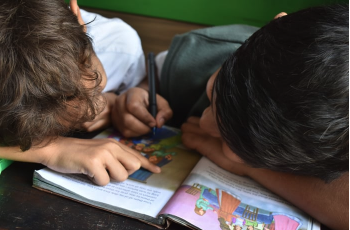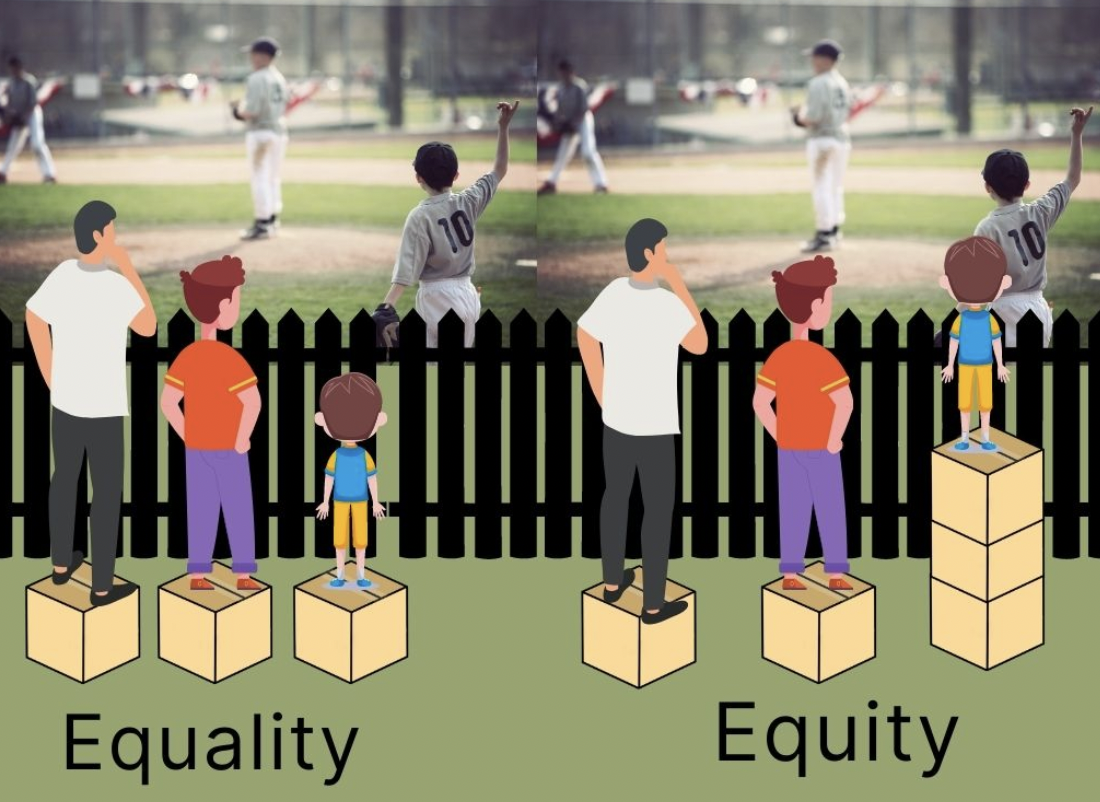Is Handwriting Instruction Important?
This is a question we get asked by parents of students of all ages. From poor letter formation to completely illegible writing, the issue of handwriting instruction is essential. Here are a few things we know from the current research:
Letter formation instruction creates neural connections in the brain to support the mapping process between sounds and letter patterns.
Handwriting instruction should initially focus on forming the letters with correct pathways.
Direct, explicit instruction in letter formation should focus on K-2 students and students with dyslexia who need intensive, structured literacy interventions.
Read More
Summer Reading Fun Part Two
Summer is for fun! Kids need the break! But don’t let their hard-earned literacy skills slip! Avoiding the summer slump and fostering positive reading growth are essential goals for all readers, particularly for those at-risk
In last month's newsletter, we talked about how summer reading lists can provide motivation for reluctant readers. This month, we continue to focus on the same topic with more facts and ideas to continue motivating our community. Overcoming learning loss can be as simple as 15 min of practice each day!
Read More
Summer Reading is Fun!
You may have heard the term ”use it or lose it.” This rings true for students with learning differences during their summer hiatus. Summer learning loss can set kids back 2-3 months! Swapping school skills for fun in the sun is not a good idea.
Read More
Structured Literacy Therapy and Vision Therapy
There can be confusion between structured literacy therapy and vision therapy in regard to literacy skill development. There is value to both services but for very different reasons.
Read More
Dyslexia Robs a Person of Time, Accommodations Return It
While spring can bring fresh flowers, it also means the beginning of test-taking time for our students. Testing can be arduous and cause anxiety. In this month's newsletter, we will clarify what an accommodation is and provide you with a few of our top recommendations.
Recommended Accommodations:
1. Note-taking: These include guided notes, a copy of the instructor’s lecture notes, or audio recordings. Guided notes are best implemented in any lecture-based classroom. When paired with lectures, guided notes provide students with essential information while retaining their attention. Guided notes leave blank spaces for students to complete during the lesson’s progression. Students can listen and understand the content while highlighting essential parts. This promotes student listening/participation and helps students with a shorter attention span remain engaged. Guided notes help prevent dyslexic students from being cognitively overloaded with information.
Read More
It's a Marathon, Not a Sprint....
For students with dyslexia or struggling readers, one of the best supports we can offer as teachers and parents is the gift of time. The typical expectation is that a student is taught a phonics or spelling skill, engages in a bit of practice, and…voila! The concept is linked, stored, and ready to go in their memory for future use. For struggling readers, however, there is a disruption somewhere in this process and they require instruction that provides more time, more support, and more practice.
Read More
Assistive Technology
Today’s kids have grown up in the digital age, and the use of Assistive Technology (AT) can provide invaluable support for students with dyslexia or other learning disabilities in their classrooms and at home.
The AT market can seem overwhelming with so many different free and paid choices. So, to get you started, our latest Friday Five video has information on our top 3 AT choices.
Read More
What are the Characteristics of Dyslexia?
There have always been myths about Dyslexia, and here are just a few we hear every week when talking with families:
“He doesn’t see the words correctly. I’ve been told he needs vision therapy”
Dyslexia, and literacy issues in general, are not rooted in vision difficulties.
“Reversing b/d means they must have dyslexia.”
Not all students with dyslexia reverse letters or read words backward.
“They can’t be tested before they are in third grade”
Dyslexia can and should be identified as early as possible and intervention can begin as early as four.
Read More
A Love Letter to our Parents and Guardians
We see you.
You’ve taken the hard step to not only honor your child’s unique strengths but also address the areas where they need support.
You’ve spent your time, money, and energy to find the best resources and solutions to help your child become the reader and speller you know they can be.
Read More
So What is Structured Literacy Anyway, and How Can it Help My Child?
The International Dyslexia Association defines Structured Literacy as the most effective approach for students who have difficulties with reading or spelling. This approach is often paired with the term Orton-Gillingham, and both are instructional models that stand in direct contrast with many of the popular methods that are used in schools today.
Most reading disorders and dyslexia originate with language processing weaknesses in the content of instruction to focus on the analysis and production of language at all levels: sounds, spelling for sounds and syllables, patterns and conventions of the writing system, meaningful parts of words, sentences, paragraphs, and discourse within longer texts.
Read More
What is Dyslexia?
When talking with families, one of the first questions we always answer is “so what is dyslexia?” The International Dyslexia Association defines dyslexia as follows:
“Dyslexia is a specific learning disability that is neurobiological in origin. It is characterized by difficulties with accurate and fluent word recognition and by poor spelling and decoding abilities. These difficulties typically result from a deficit in the phonological component of language that is often unexpected in relation to other cognitive abilities...” (see full definition at https://dyslexiaida.org/definition-of-dyslexia/)
Read More
Welcome Back to the 2022 School Year!
Welcome back to the 2022 school year! Usually at this time, teachers and parents are assessing their students’ literacy levels, which is not always an easy feat. Often, parents are wondering what grade level their child is on. Referring to “grade levels” in literacy, is like referring to one piece (one measure) of a much larger, more complex puzzle.
Over the years, different models have been developed to assess reading levels. These vary widely, are not consistent, and cover a huge range of skills that aren’t necessarily tied to our end goal, reading comprehension.
Read More
Learning about Dyslexia
Dyslexia is a general term used for disorders that involve difficulty in learning to read, interpret words, letters or other symbols, but does not affect general intelligence.
Dyslexia is neurologically based and often described as a processing style versus a disorder depending on the severity. Like many other cognitive profiles or categories, people with dyslexia have strengths and weaknesses. Dyslexia is a common condition that impacts 20% of the general population or one out of five people. It is the most common reason why students struggle in spelling, writing and reading.
Read More













